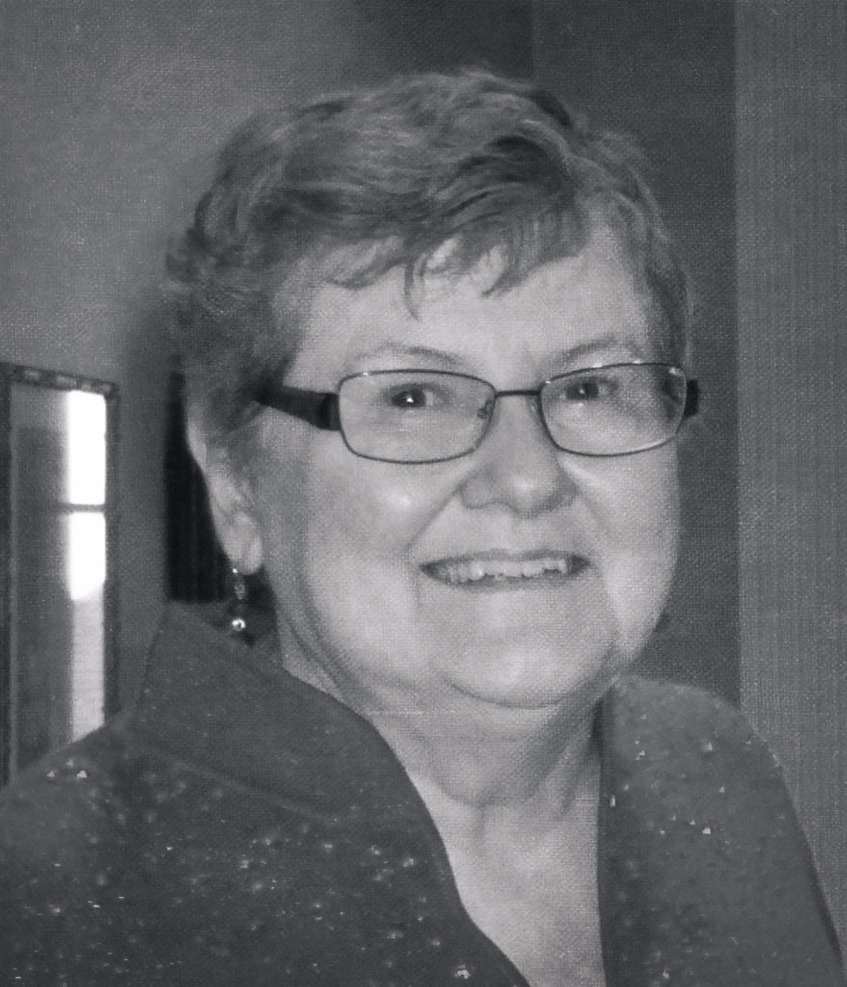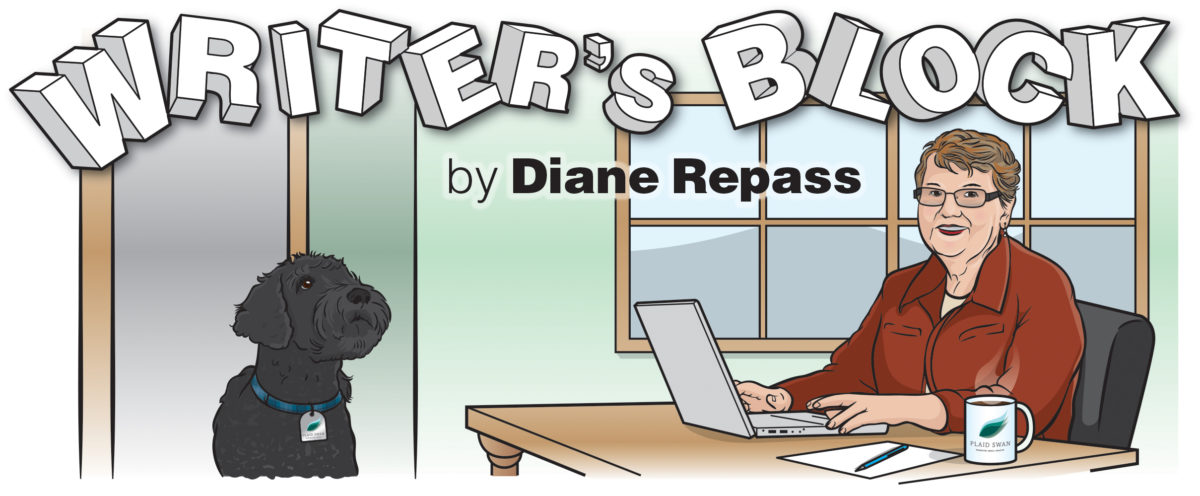Who, Which, or That?
Pesky word choices are the bane of every English grammar student and would-be writer. Choosing the right verb, the correct pronoun, or an adverb over an adjective can be challenging, if not frustrating. Three words that sometimes challenge a writer are who, which, and that. These three words are all relative pronouns which introduce relative clauses which are dependent clauses which modify nouns. Wow! Unless you’re a grammar whiz or aficionado, that sentence requires some explanation. So, we’ll start with some simple definitions and then explain the difference between the use of these three terms.
Grammar Definitions
Modifier: a word that describes and limits the meaning of nouns (names for people, places, and things) and verbs (words that indicate an action or a state of being). Adjectives describe nouns (e.g., the gigantic [adjective] dog [noun]), and adverbs describe verbs, some adjectives, and other adverbs (e.g., I ran [verb] swiftly [adverb]).
Clause: a group of words that has a subject and a verb (e.g., Diane [subject] devoured [verb] the sushi.)
- Independent vs. dependent clauses: some clauses are independent and can stand alone to complete a thought (g., Our dog likes people food.) while others are dependent on an independent clause to make full sense (e.g., I know [independent clause] who stole my idea [dependent clause].).
- Restrictive vs. nonrestrictive dependent clauses: restrictive dependent clauses modify or describe the noun that comes before them and cannot be removed without changing the meaning of the sentence; in other words, they restrict the definition of that noun and are essential (g., The teacher who uses creativity will be successful.). Nonrestrictive dependent clauses add extra, nonessential information about the noun that they modify and can be removed without changing the meaning of the sentence (e.g., My car, which I bought a few months ago, is a lot of fun to drive.).
- Relative clauses: to identify a relative clause, look for three elements—
- Contains a subject and a verb.
- Begins with a relative pronoun (who/whom/whose, which or that) or a relative adverb (when, where, or why).
- Functions as an adjective clause because it describes nouns (g., That wart [noun] that is growing on my dog’s nose [relative clause] is pretty ugly.).
Relative Pronouns
Okay, there’s the condensed version of essential grammar terminology! Now back to our three relative pronouns: that, which, and who.
That
The word that always begins a restrictive clause (has necessary, essential information for the sentence), and it never has commas around it. It usually refers to things; however, it may refer to an unnamed person/animal or a class/group of people.
- The road that leads to our house has too many potholes.
- The class that I taught in my first year out of college challenged me in so many ways.
Which
The word which almost always begins a nonrestrictive (extra, nonessential information) clause. It is set off with commas around the clause. Occasionally, you will see which used in a restrictive clause, but the word that is the preferred choice by most grammarians.
- The meal, which I hastily prepared, was inedible.
- Those shoes, which are now caked in hard layers of mud, used to be my favorites.
The choice of that or which can change the meaning of a sentence. Consider these examples from Get It Write:
- Our house that has a red door and green shutters needs painting.
- Our house, which has a red door and green shutters, needs painting.
One of these indicates that we own more than one house. Can you figure out which one? The first sentence means that we have more than one house and are talking only about the one with a red door and green shutters. The second one says that we probably have only one house and adds extra, nonessential information about the door and shutters.
Who
The last relative pronoun to consider is who and its objective form whom or possessive form whose. Who can begin either a restrictive or a nonrestrictive clause and always refers to animate objects, mostly people.
- Cricket, who is going to be ten years old in a few months, still acts like a puppy.
- Julie, who moved to Paris last year, is our beautiful, intelligent daughter.
- I gave some money to the woman who was a few dollars short of the amount needed to pay her grocery bill.
So now you are an expert on all things dealing with relative clauses and relative pronouns. The choice of a relative pronoun can change the meaning of a sentence, so choose wisely and punctuate accordingly.

Diane Repass is a retired tenured assistant professor
from The University of Dubuque and now a beloved
writer for Plaid Swan Inc. She received her M.A. from
The University of Northern Iowa in Cedar Falls, Iowa.

